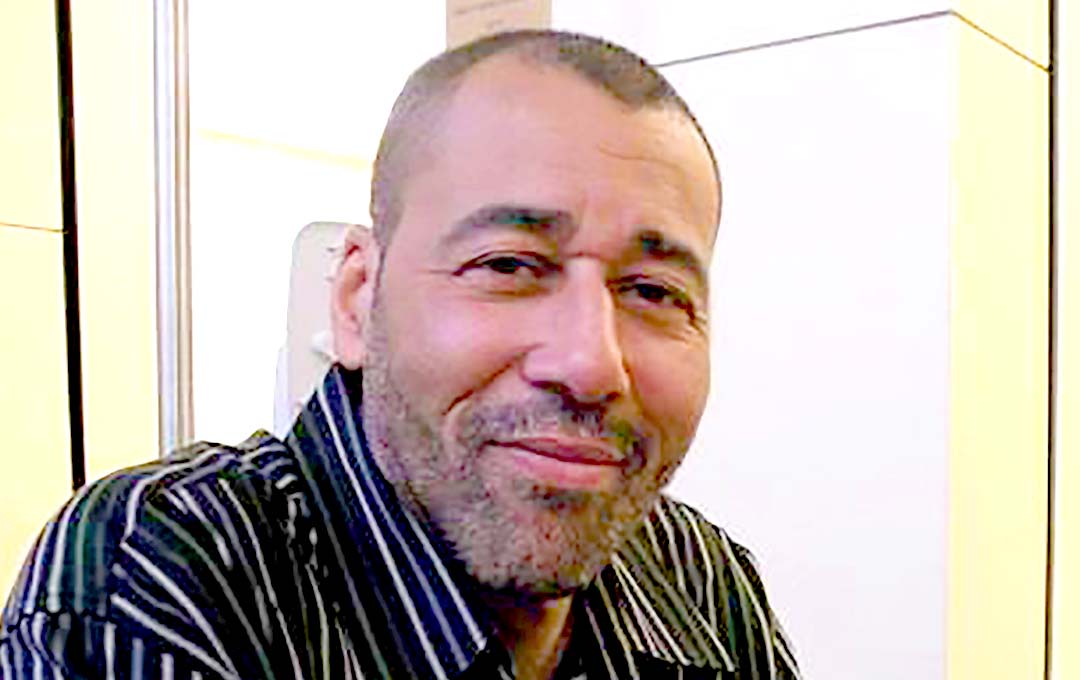In the realm of spiritual contemplation, the teachings of the Baha’i Faith illuminate three pivotal cornerstones that define the trajectory of humanity’s collective evolution: Truth, Justice, and Unity. These concepts are not mere abstract notions; they are the conduit through which the soul of humanity can channel its aspirations, transcending the ephemeral boundaries that often delineate societies and cultures. This exposition endeavors to elucidate the intrinsic nature of these tenets and their profound implications for both individual and collective existence.
Truth: The Luminous Beacon
To grasp the significance of truth in the Baha’i paradigm is to appreciate its role as a guiding light in the labyrinth of human experience. Truth is not merely a factual representation of reality but an existential force that empowers individuals to navigate the vicissitudes of life with dignity and integrity. In the Baha’i view, truth is synonymous with divine revelation; it is the essence that connects the seeker to the Creator and the cosmos. This metaphysical relationship prompts individuals to cultivate a disposition of sincerity and earnestness in their pursuit of knowledge.
In essence, the quest for truth demands an unwavering commitment to intellectual humility. The acceptance of diverse perspectives acts as a prisms through which one can illuminate the multifaceted richness of existence. As individuals embrace this multiplicity, societal constructs built on erroneous assumptions begin to dissolve. The Baha’i teachings urge individuals to dismantle dogmas and preconceptions, fostering an environment where truth serves as the foundation for collective dialogue and understanding.
The importance of truth emerges starkly in the face of social injustice. A society steeped in deception and falsehood crumbles under the weight of its own contradictions. Conversely, a commitment to truth fortifies social structures, engendering an ethos of accountability. This concept undergirds the Baha’i assertion that only through a collective awakening to the principles of veracity can humanity hope to resolve its most pressing challenges.
Justice: The Arbiter of Equitability
Justice is an extension of truth; the manifestation of fairness and moral rectitude in every facet of human affairs. It functions as the bedrock upon which societies must build their legal and ethical frameworks. In the Baha’i Faith, justice is not a static principle but a dynamic process, one that evolves as humanity progresses towards an ever-expanding understanding of equity.
Wielding justice as a tool for societal advancement demands both courage and compassion. The Baha’i teachings assert that true justice transcends retribution; it is rooted in the recognition of humanity’s interconnectedness. Furthermore, justice embodies a deep-seated commitment to addressing the needs of the marginalized, thereby fostering an environment in which every individual can flourish. Just as a garden flourishes with careful tending, society thrives when justice is nurtured.
The challenge lies in the implementation of justice amid competing interests and biases. The Baha’i discourse on justice calls for an impartial, equitable application of the law, one that is grounded in the recognition of the inherent worth of all individuals. This involves not only the rectification of wrongs but also the proactive eradication of systemic inequities that perpetuate cycles of poverty and disenfranchisement.
Such concepts of justice resonate with a universal appeal; they beckon individuals to become architects of a harmonious world. When justice prevails, societies transform from disarray into communities characterized by collaboration and mutual respect. The Baha’i teachings inspire adherents to engage actively in the pursuit of justice, acting as a chorus of voices unified in their resolve to champion the cause of fairness.
Unity: The Harmonizing Force
The zenith of Baha’i teachings is the principle of unity, encapsulating the essence of human relationships. Unity is more than mere coexistence; it is the recognition of a collective identity that transcends all divisive constructs. The Baha’i perspective posits that unity is essential for the flourishing of humanity, and it is this ethos that stitches together the frayed fabric of civilization.
In a world replete with discord and division, the call for unity is both urgent and prophetic. The Baha’i Faith asserts that true unity is achieved not through conformity but through the celebration of diversity. Each culture, tradition, and belief system contributes a unique strand to the tapestry of humanity. When individuals learn to embrace their differences while focusing on commonalities, they unlock the potential for transformative change.
This unifying principle acts as a salve for the wounds inflicted by sectarianism, racism, and prejudice. It invites individuals to forge bonds that transcend geopolitical and ideological divides, fostering a spirit of collaboration and mutual understanding. Unity, as envisaged by the Baha’i Faith, is the antidote to the malaise of division—an invitation to create a world where harmony becomes the norm, rather than the exception.
In conclusion, the Baha’i teachings on Truth, Justice, and Unity present a comprehensive framework for the advancement of humanity. By acknowledging the centrality of these principles, individuals can embark on a transformative journey that not only enriches their own lives but also contributes to the collective well-being. This triad of ideals offers a beacon of hope, illuminating the path toward a future marked by understanding, equity, and interconnectedness. In the pursuit of these virtues, humanity can transcend its limitations, aspiring to a higher state of existence, where the sublime potential of every individual can be realized. With an unwavering commitment to these principles, individuals can become agents of change, reshaping the world, one enlightened soul at a time.
